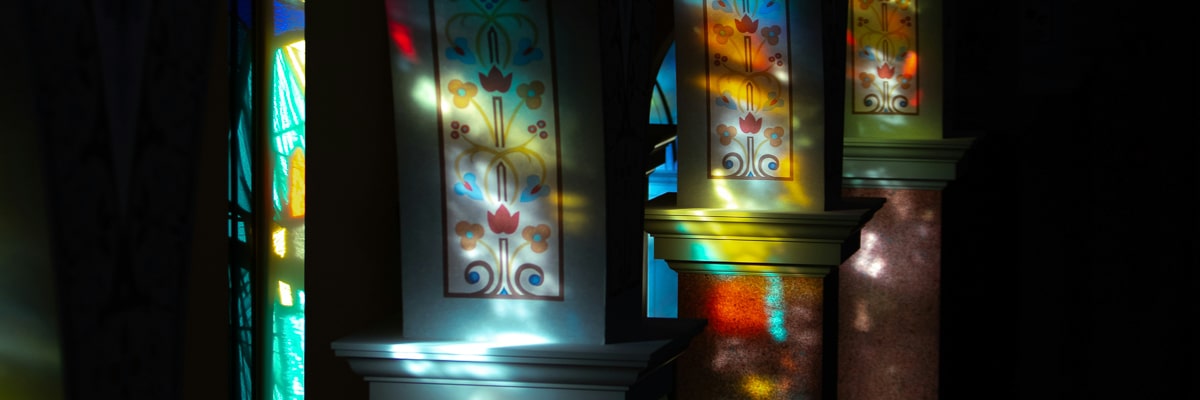
In this homily, Father Richard Rohr reflects on how contemplation is much more than a set of practices:
When we emphasize specific practices too much, contemplation can become a matter of technique and performance. We fall back into self-analysis: Am I doing the practice correctly? The revelation of God, who always wants to enter the material world as our image, cannot possibly depend upon people sitting silently on a prayer cushion twice a day. That would mean that 99.9% of people who have ever lived on this earth have not known God. The definition of Christian contemplation up until recent times has come from the early monastic and desert traditions, but the field is far bigger than that.
Parker Palmer writes, “The function of contemplation in all its forms is to penetrate illusion and help us to touch reality.” [1] I think he’s right and I would add that great love and great suffering are the normal paths of transformation. There’s an important place for practices of contemplation. I’m not throwing them out, but any practice of contemplation is for the sake of helping us sustain what we temporarily learn through great love or great suffering, whether it’s on a honeymoon or the day after a parent dies. When we’re in the middle of great grief or great love, we become a nondual thinker for a few days, weeks, or months, but we all know it doesn’t last. It doesn’t last—unless we put it into practice.
Father Richard names why contemplative practices are essential to deepening our experience of God’s wisdom:
When we insert religion inside of culture, culture wins every time. Most of us are Americans or our nationalities first, and then maybe, once in a while, we are Christians. That’s just obvious—it’s our cultures that form us. We want to believe, we keep pretending we believe, but we really don’t. Until our faith moves to the elemental, cellular level, until we digest it like we do great love and great suffering, it will not change our minds or our actions. Even after a beautiful Mass, ritual, or retreat, we go right back to either/or, dualistic thinking. We go right back to being angry Republicans or Democrats, Protestants or Catholics, Black people or white people. It just never stops. But as we practice, contemplation becomes a way to touch upon reality, a way of penetrating illusion.
The ego loves to take sides; it gives us a false sense of solidity, importance, and intelligence. Contemplation is any way we can find to help us penetrate illusion and touch reality—and reality will always be bigger than us. It will always leave us a bit uncomfortable, a bit off center stage. If we’re still on center stage, it isn’t Reality. When we can take our place as the little side show we all are, and from that humble perspective allow Reality to do its work with us, I think we will know what we need to know.
References:
[1] Parker J. Palmer, The Active Life: A Spirituality of Work, Creativity, and Caring (San Francisco, CA: Harper and Row, 1990), 25.
Adapted from Richard Rohr, “Iona Liturgy,” CONSPIRE 2018 (Albuquerque, NM: Center for Action and Contemplation, 2018), homily.
Image credit and inspiration: Jacob Bentzinger, untitled (detail), 2023, photo, Unsplash. Click here to enlarge image. Like the light of a stained-glass window making new patterns and shapes on a wall, we look at old things and old ways with new eyes and discover new ways of being.
Story from Our Community:
Sometimes, I find myself feeling helpless to carry the inhumanity that I see written online and in visual media. I often feel incapable of responding because of the enormity of suffering worldwide. Sometimes, I just have to cry. Often when I cry, the Spirit comes gently to be by my side. When I consciously join myself to God, I can get out of the downward spiral. The Daily Meditations have come at a great time for me. Abundant blessings on your ministry and this community.
—Joseph J.




